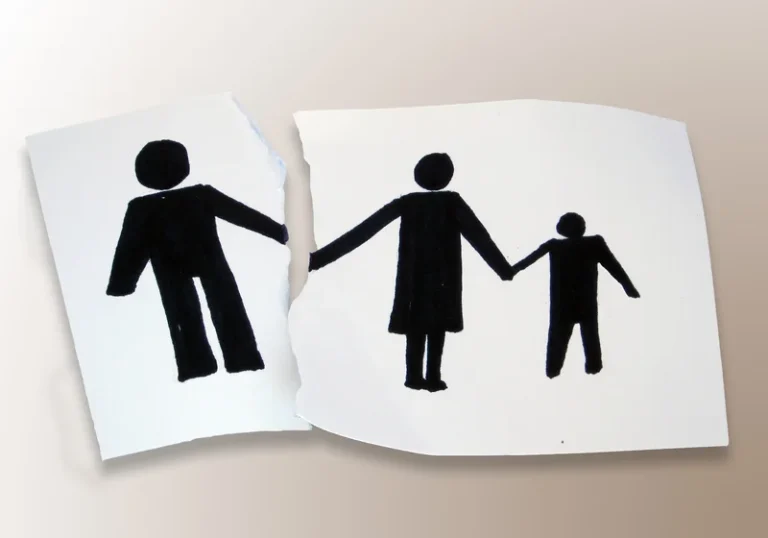Some people have a very specific idea of what relapse looks like. They may be under the misguided impression that until they’ve reached the same level of dependence as before (or worse), they haven’t really relapsed. There are different types and levels of severity when it comes to alcohol relapse, but even one drink is typically considered a problem.
Arguments for and Against Allowing Alcoholics to Drink in Moderation
I’ve come to accept that drinking dreams might always be a part of my life, even if I only have them rarely. While I certainly don’t enjoy having them, I choose to believe that they are serving an important purpose. They remind me where I came from and where I never want to go back to. They make it even easier to appreciate the life I have in recovery. I speak from experience when I say that it’s traumatic to wake up and think that I had been drinking after fighting so hard for my sobriety.
What to Do After an Alcoholic Relapse
Is successful drinking after sobriety achievable, or am I doomed to a life of total abstinence? Thinking about getting sober can come with many questions about your future outside of counseling and medical support. Are you still wondering whether this route is best for you? Imagine how much your health and close relationships will improve when you choose a future without drinking.
Exceptions and Controversies in the Recovery Community
- This means not using alcohol or any other addictive substances.
- Many recovering alcoholics wonder why they’ve been advised to avoid alcohol.
- The more information you have, the easier it will be to find a path to sobriety.
This cycle is accompanied by feelings of shame and guilt, leading them to drink more and increasing the severity of their alcoholism. Going from an alcohol dependency to not drinking at all can seem like a significant obstacle for those seeking help. However, research has proven that this route is the best solution for long-term sobriety. In a recent study on abstinence versus moderation, recovering alcoholics focused on their recovery counseling longer and reported a higher quality of life when practicing abstinence.
- Clinically, Warren has developed a therapeutic skillset that utilizes a strengths-based perspective, Twelve Step philosophies, Cognitive Behavioral Therapy and Motivational Interviewing.
- Alcohol may initially serve as a self-medication mechanism, providing temporary relief from symptoms, but ultimately leading to dependency.
- Understanding these genetic factors can help individuals make informed decisions to stop drinking alcohol.
- At Hope for Tomorrow, we combine compassionate counseling with medication-assisted treatment.
- One of the most significant debates among recovering alcoholics is whether to practice complete abstinence or attempt moderate drinking after being sober.
- Reach out for help, rebuild your routine, and remind yourself that you’re still capable of staying sober.
- If the individual has already relapsed, then they can be helped in re-establishing their sobriety.
But I still know my relationship with alcohol just isn’t normal and never will be. Thank you for allowing me to figure it out openly in front of you all. And to the sober community, god I am still so, so proud of you. Until we meet again.” Her message acknowledges both the progress she’s made and her ongoing challenges. If you have recently gone through alcohol withdrawal and are in the early stages of recovery, it is generally recommended to abstain from drinking.
So, your rational mind is probably like, “OK THEN STOP, B–CH! ” This internal struggle illustrates the challenging relationship many have with alcohol. “I was so proud every time one of you told me on the street that Holly and I made you want to rethink drinking, reframe drinking. The truth is, I don’t know what I’m doing.” This honest reflection highlights the complexity of recovery and the pressure of public accountability. Sober living home If you’ve been in treatment before, it may also help to reach out to alumni programs (if any) for resources.
Grayson Murray’s Tragic Wake-Up Call for Pro Golf On Alcoholism, Addiction & Mental Health
On the other hand, moderation may be more going back to drinking after being sober suitable for those without a history of alcohol addiction or dependence, allowing them to enjoy the occasional drink without compromising their health. Aftercare programs are very important for maintaining progress after completing a primary treatment plan. These programs provide ongoing support, including counseling, peer groups, and resources to help individuals navigate the challenges of everyday life without alcohol.
Drinking After Being Sober: Exploring Abstinence vs. Moderation in Long-Term Recovery
As we can see, even taken at face value — without the specter of dependency looming in the background — alcohol is a dubious substance to put in our body. And if we fall into the pattern of drinking more and more, we’re really putting our health on the line — again. Everybody is different, but in general it’s not a good idea to drink again after recovering from AUD. If you’re worried about how your body will react if you drink again, then you probably shouldn’t. There are several points to consider as to reasons why it might be dangerous, as well as alternative ways to look at the question altogether. And while many philosophies about treatment exist, collective experience has https://ecosoberhouse.com/article/what-is-alcoholics-anonymous/ consistently shown that once we’ve developed AUD, drinking again is a bad idea.



